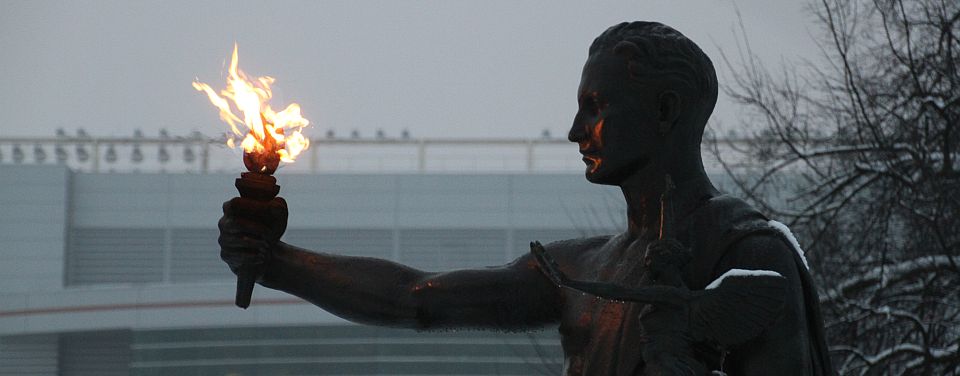Dear Colleagues,
Is the world finally changing regarding race relations?
A poem by Leslie Dwight has gone viral across social media over the past few days. It flips our typical narrative for 2020 thus far, and asks an important question: What if 2020 isn’t canceled?
What if 2020 is the year we’ve been waiting for?
A year so uncomfortable, so painful, so scary, so raw — that it finally forces us to grow,
A year that screams so loud, finally awakening us from our ignorant slumber.
A year we finally accept the need for change.
Declare change. Work for change. Become the change.
A year we finally band together, instead of pushing each other further apart.
2020 isn’t canceled, but rather the most important year of them all.
The poem offers a hopeful statement in a time of despair and helplessness for so many. Yet, there are signs that the terrible killing of African American George Floyd by a White police officer last week might be the final straw for Black Americans and their accomplices. One sign is that across our country, universities have rescinded admittance, scholarships, or privileges to students who have posted racist comments or videos on social media following the murder and its aftermath. Some universities have encouraged those students to choose another school. The University of Tennessee was one of those schools.
 I am proud that my university took this important step. It is an anti-racist step. Ibram Kendi, the author of How to be an Anti-Racist, says it is not enough for us to simply be “non-racist.” That would be just being sorry that racism exists but going about our lives as if it does not. An anti-racist is someone who intentionally takes action against racism. Last month, members of the College of Education, Health, and Human Sciences engaged in a book talk on Kendi’s book, and we have committed to taking action against racism.
I am proud that my university took this important step. It is an anti-racist step. Ibram Kendi, the author of How to be an Anti-Racist, says it is not enough for us to simply be “non-racist.” That would be just being sorry that racism exists but going about our lives as if it does not. An anti-racist is someone who intentionally takes action against racism. Last month, members of the College of Education, Health, and Human Sciences engaged in a book talk on Kendi’s book, and we have committed to taking action against racism.
Anti-racist education can begin very early. Our Center for Children’s and Young Adult Literature has curated a terrific collection of children’s books we can use as tools as we educate young people about race, racism, and the history of racism. ccyal.utk.edu/blacklivesmatter
Our College of Education, Health, and Human Sciences will engage in action against racism. All of us have our own ways of acting. Perhaps for some, it might be to reach out to our Black colleagues, neighbors, friends, and family and ask what we can do. For others, protesting is a way to act so our voices are heard with policymakers. For some, giving time and treasure to organizations that serve the Black community can be a strong way to act. Others of you may choose to continue to seek out resources such as this list or get professional development on issues of race and racism. As a leader, my goal (among other ways of acting), is to set aside college funds for the professional development of faculty and staff on race. Of course, it is also a time to consider what we teach and whether how we teach reflects an anti-racist stance. We are all in the business of helping professions, and as we serve, we must consider the pain of our students and colleagues during these terrible times.
I hope you will all join me in choosing some way to act against this latest assault on the Black community and to become a genuine advocate, ally, and accomplice for change in our country.
Ellen McIntyre
Dean, College of Education, Health, and Human Sciences
